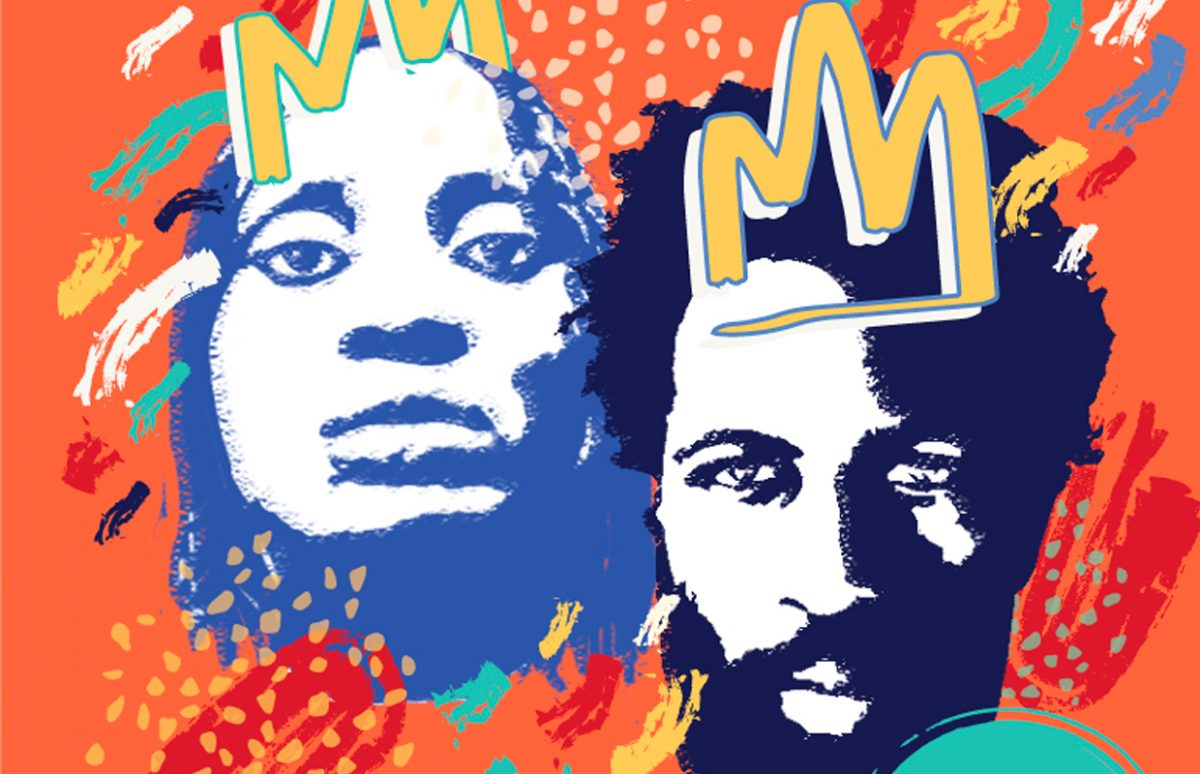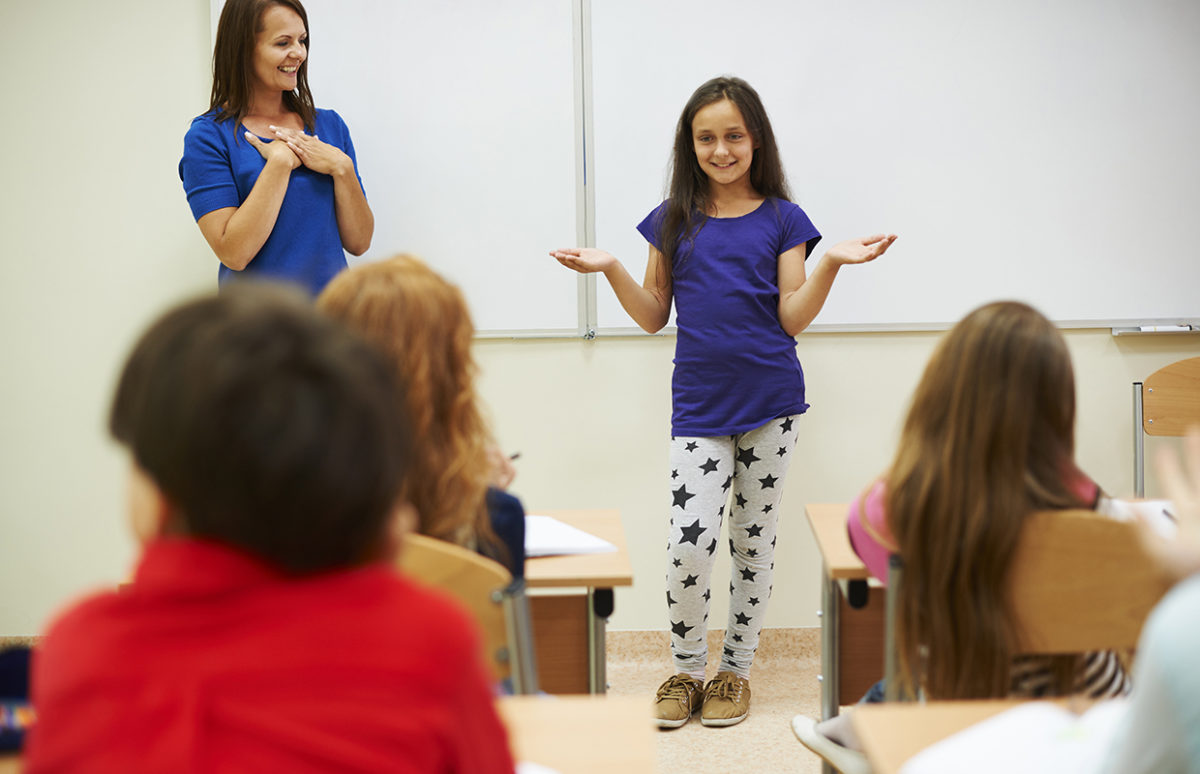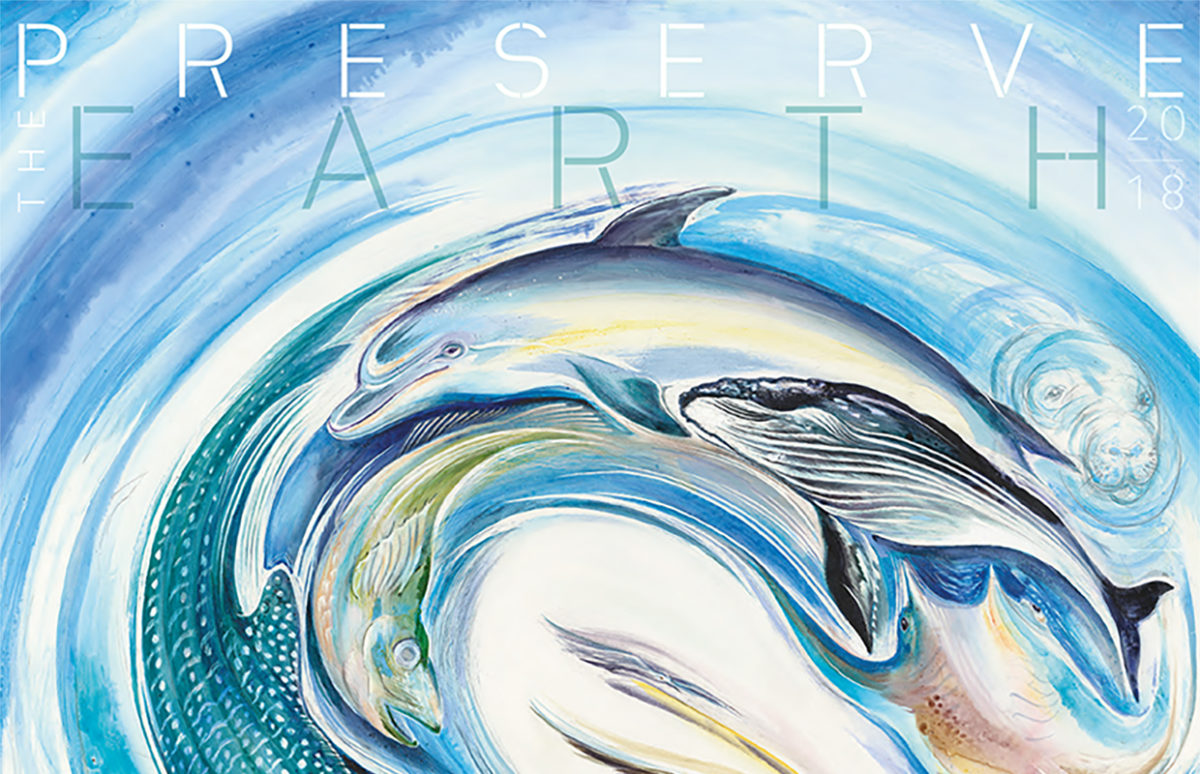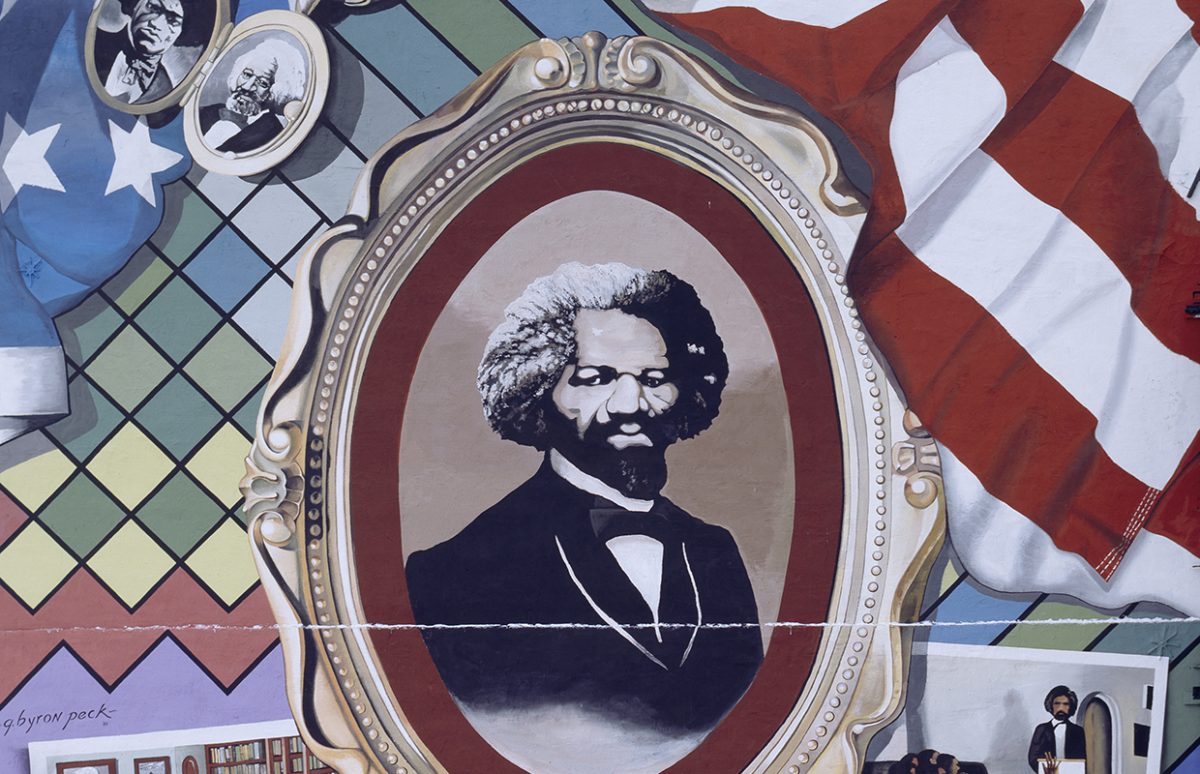
Juneteenth is an American celebration marking the end of slavery, when news of the Emancipation Proclamation finally reached the last U.S. state, Texas on June 19, 1865. Read more about the history and traditions of Juneteenth in our article. If you would like to introduce your pupils to the event, these resources will help you. … Continue reading “Juneteenth Webpicks”

Il est assez courant d’entendre que, dans le cadre d’une pédagogie active et promouvant la démarche heuristique, “tout” doit venir des élèves sans que soit réellement précisé ce que “tout” recouvre ou ce que “venir des élèves” veut dire. Peut-être convient-il déjà de rappeler qu’en matière de pédagogie, il est assez handicapant et limitatif d’avoir … Continue reading “Tout doit venir des élèves… ou pas…”

2018 marks the two hundredth anniversary of the publication of Frankenstein, a novel which has gone on to occupy a unique place in the collective imagination. In this A2+ article, your pupils will discover Mary Shelley, the teenage author who lived an exceptional life. These documents about Mary Shelley could be part of a larger … Continue reading “Mother of Frankenstein”

In this A2 article your students will learn about Prince Harry and his future wife in relation to their jobs as members of the Royal Family, as well as about their wedding, which will be celebrated on 19 May. The second part of the article introduces charities, always a source of interest for students. Vocabulary … Continue reading “Royal Wedding”

The theme for this year’s Earth Day, 22 April, is “End Plastic Pollution”. This poster from the U.S. Department of State puts the focus on ecological problems caused by plastic waste in our oceans, and the dangers it presents for marine creatures. The poster is a great starting point for a class on plastic in … Continue reading “Free Ecology Poster”

Pour le jeune apprenant francophone en anglais oral, il est difficile de passer d’une langue syllabique comme le français, à une langue accentuelle comme l’anglais, où la compréhension s’opère sur l’accent lexical. Parler une nouvelle langue, ce n’est pas seulement comprendre des mots, ou des tournures lexicales, c’est surtout maîtriser de nouvelles données physiques, acoustiques … Continue reading “Neurodidactique de l’anglais oral : mise en pratique”

If you know a great science communicator – maybe a teacher doing DNL lessons for classes européennes – let them know about the British Council FameLab competition. Participants need to explain a scientific concept for non-experts in just three minutes! And why not have your pupils do something similar? FameLab is an international competition with … Continue reading “Talking about Science Competition”

This worksheet is based on an article which can be labelled A2+ as far as understanding is concerned, but the final writing activity should target B1 for a good number of students. Therefore, we suggest starting with easy activities to engage everyone in the class and gradually move on to more demanding work. It is … Continue reading “What’s in the News?”

From schools playing Harry Potter-inspired quidditch matches, to mass runs and cycles, Sport Relief (17-23 March) provides plenty of themes for language learning: charities and solidarity, sport, exercise and health. Schools participate massively in Sport Relief, so there are lots of teaching resources. The ones for primary schools are best adapted for language learners. This … Continue reading “Sport Relief Webpicks”

On the occasion of Frederick Douglass’s Bicentennial, there are lots of online resources to help you introduce this major figure of the abolition movement to your pupils. This section on Frederick Douglass from the Library of Congress children’s site is suitable from A2. It’s not a very detailed biography but has an excellent quote from … Continue reading “Frederick Douglass on the Web”














